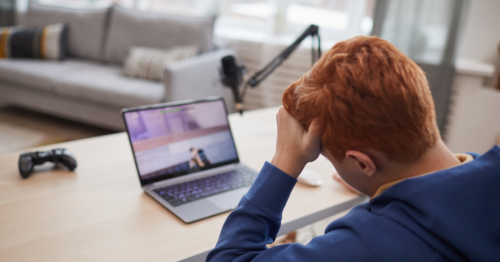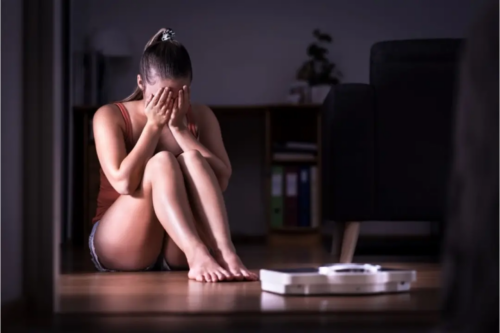Articles realted to parenting

How to Tell Kids About Divorce, According to Therapists

Clinically Reviewed By: Cecilia Masikini

Written By: Sarah Fielding

Identifying Child Behavior Problems and Solutions, According to Therapists

Clinically Reviewed By: Cecilia Masikini

Written By: Sarah Fielding

3 Therapists Offer Back-To-School Mental Health Tips for Parents

Clinically Reviewed By: Austin Chason

Written By: Sarah Fielding

3 Reasons Therapists Recommend Parent Support Groups

Clinically Reviewed By: Courtney Way

Written By: Alex Bachert, MPH

How Parental Burnout Affects Mental Health—and What to Do About It

Clinically Reviewed By: Courtney Way

Written By: Alex Bachert, MPH


What You Need to Know About Risky Teen Behaviors

Clinically Reviewed By: Dr. Don Gasparini

Written By: Sarah duRivage-Jacobs

How Charlie Health Is Addressing the Maternal Mental Health Crisis

Clinically Reviewed By: Dr. Don Gasparini

Written By: Courtney Barber, MHC

Let’s Talk About Perinatal Mood and Anxiety Disorders

Clinically Reviewed By: Dr. Don Gasparini
Written By: Charlie Health Editorial Team
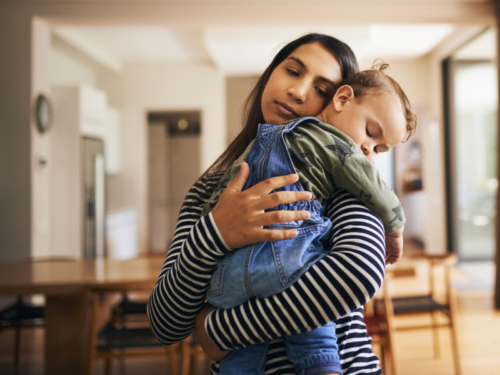
Mom Burnout Is Real—Here’s How to Deal With It

Clinically Reviewed By: Dr. Don Gasparini

Written By: Alex Bachert, MPH

What Is the Parenting Stress Index?

Clinically Reviewed By: Dr. Don Gasparini

Written By: Alex Bachert, MPH

11 Best Parenting Books, According to Charlie Health Providers

Clinically Reviewed By: Dr. Don Gasparini
Written By: Charlie Health Editorial Team
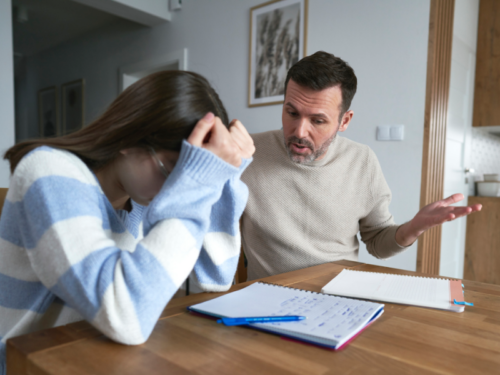
What Is Eggshell Parenting?

Clinically Reviewed By: Dr. Don Gasparini

Written By: Ashley Laderer
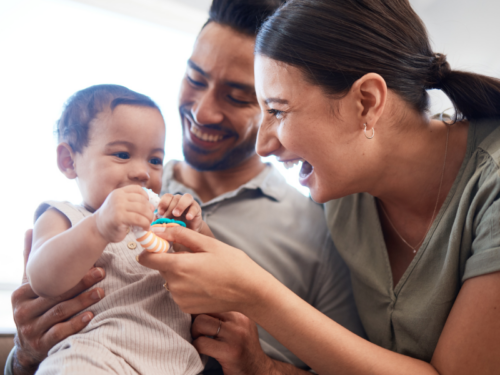
Real Tips: Mental Health Advice for New Parents

Clinically Reviewed By: Dr. Don Gasparini

Written By: Alex Bachert, MPH

Why is Teen Family Therapy Important?

Clinically Reviewed By: Dr. Don Gasparini

Written By: Dr. Rasna Kaur Neelam
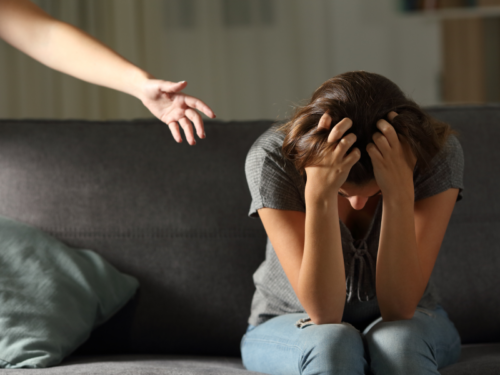
Five Ways to Help Someone With OCD

Clinically Reviewed By: Dr. Don Gasparini
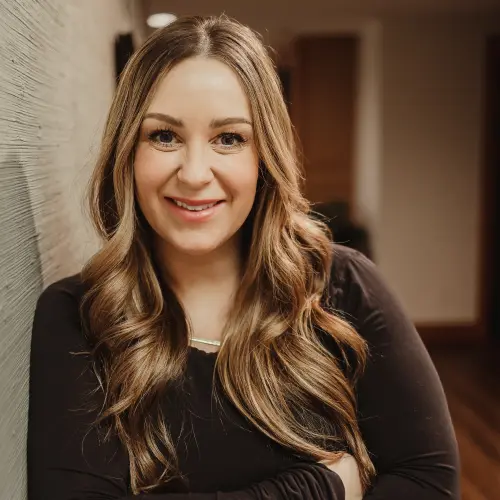
Written By: Amanda Lundberg

What is Neglectful Parenting?

Clinically Reviewed By: Dr. Don Gasparini

Written By: Dr. Rasna Kaur Neelam

Is Your Parenting Style Too Harsh for Your Teen?

Clinically Reviewed By: Dr. Jaime Ballard

Written By: Dr. Rasna Kaur Neelam
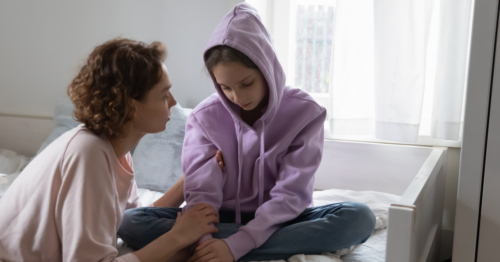
How to Check in on Your Teen’s Mental Health (and Why it Matters)

Clinically Reviewed By: Dr. Jaime Ballard

Written By: Dr. Rasna Kaur Neelam




